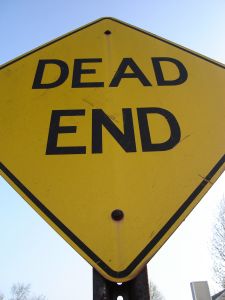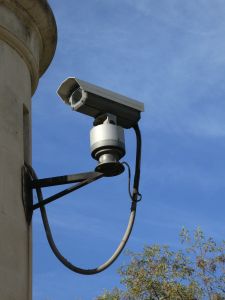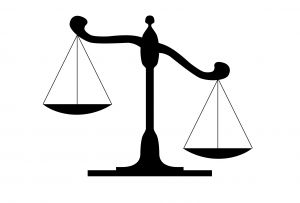Attorney J. Bradley Smith answering the question: “I was found not guilty of a charge, but my record still shows the charge.”
North Carolina State Highway Patrol officers have charged a woman after her car ended up in a ditch in Onslow County earlier this week. In that case, 23-year-old Brittany Veitch was charged with reckless and careless driving after her vehicle slid off the road and wound up in a creek.
 Law enforcement officials say that the woman was arguing with a passenger before the accident happened. As a result of distraction, Veitch then drifted out of her lane and eventually ended up in the ditch. At the time of the accident, Veitch was transporting her 9-month-old son. Thankfully, reports indicate the boy was safely strapped in his car seat and was unharmed as a result of the accident.
Law enforcement officials say that the woman was arguing with a passenger before the accident happened. As a result of distraction, Veitch then drifted out of her lane and eventually ended up in the ditch. At the time of the accident, Veitch was transporting her 9-month-old son. Thankfully, reports indicate the boy was safely strapped in his car seat and was unharmed as a result of the accident.
Some people might be surprised that charges were filed despite the relatively minor consequences of the accident. The reality is that in North Carolina the law allows police officers the latitude to bring charges against those drivers who were distracted, careless or reckless while operating their vehicle. The law exists to punish those whose inattention could lead to possibly devastating injuries to themselves or others.
Beyond obvious examples of distracted driving like texting or talking on the phone, the reality is that even heated arguments with passengers can create the kind of danger that leads to accidents. As this case illustrates, doing anything that pulls your attention away from the road can be enough to lead to a momentary mistake. Eating, fiddling with the radio, yelling at kids in the back seat or looking for directions, are all low-tech examples of distracting activities that can not only cause harm but also serve as the basis for a motor vehicle offense.
 Charlotte Criminal Lawyer Blog
Charlotte Criminal Lawyer Blog










